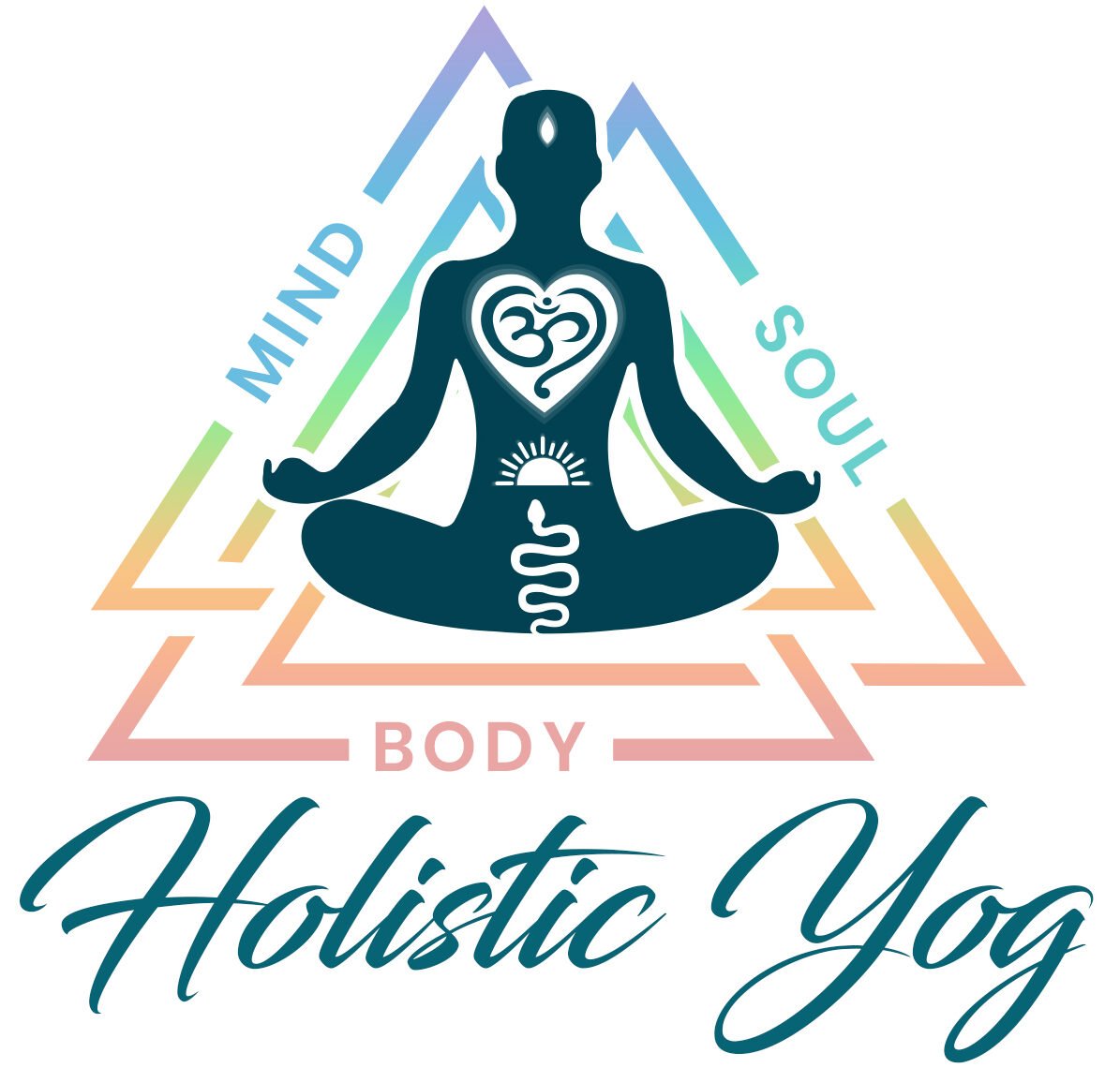There is an overall stigma among yoga practitioners that yoga with various postures and pranayama is for keeping body fit and mind stress-free, thus, addressing the quality of living and longevity with good health and happiness. Actually, the concept of yoga among other philosophies started with the purpose of finding out the root cause of human suffering and existence.
On the other hand, most modern-day practice of yoga deviated from its core theme and created a separate identity in objective/ physical form with spirituality that deals mainly addressing different planes of consciousness i.e., waking-dreaming-sleeping and beyond while finding/ experiencing the union or common connecting thread in them.
There are many scientific studies on different brands and styles of yoga with proven health benefits while strengthening pathological parameters within permissible range. Modern medical fraternities also recommend yogic postures and pranayama in many chronic psycho-somatic diseases to avoid unnecessary side and suppressing effects.
Unlike other forms of exercises and sports, yogic postures in hatha yoga have the added advantage of getting internal vital organs and hormone secreting glands massaged along with improved flexibility and relaxation. Other forms of yoga such as Karma yoga, Raja yoga, Gyan yoga, Bhakti yoga, Mantra yoga, Tantra yoga etc. emphasize one aspect or principles to reach its destination or fulfill the purpose for which one undertakes yogic practices.
Spirituality is spontaneity and equanimity that allows attention to be aware of the now-here state, it usually cannot be taught but rather to be sought. It is primarily subjective in its approach; physical health is secondary. Spirituality focuses on self-transformation to understand and experience the oneness between visible and invisible, form and formless, change and changeless, gross and subtle, manifest and unmanifest, natural and spiritual aspects of existence.
The motivation of the mind behind practicing yoga or adopting yogic lifestyle is the most important factor for yoga practitioner. If one nurtures only one aspect i.e., objective part of yoga and do not include subjective part i.e., spirituality then result will be limited or unfulfilled. Holistic yog meets both the requirements in its holistic (body-mind-soul as a whole) approach.
